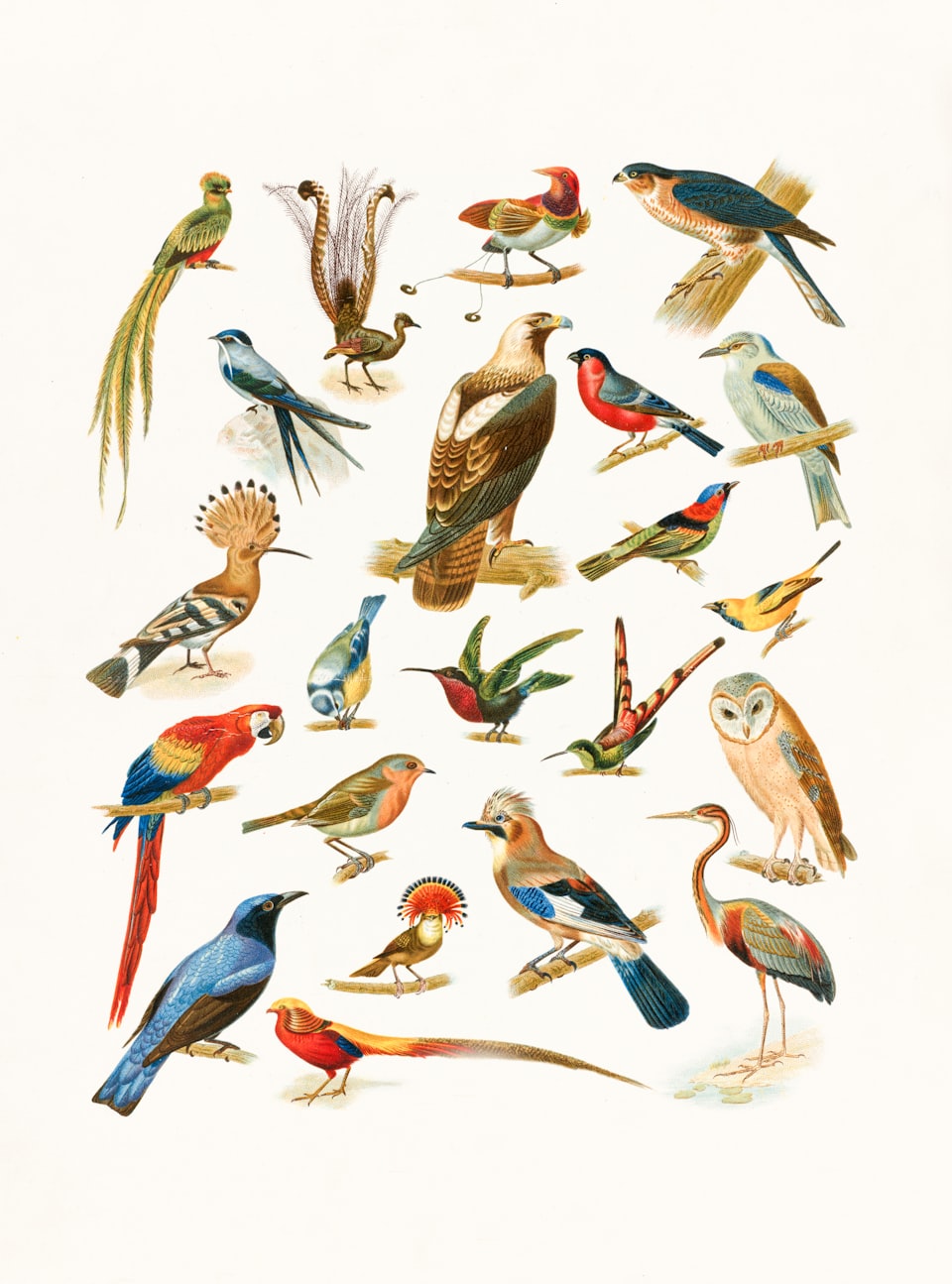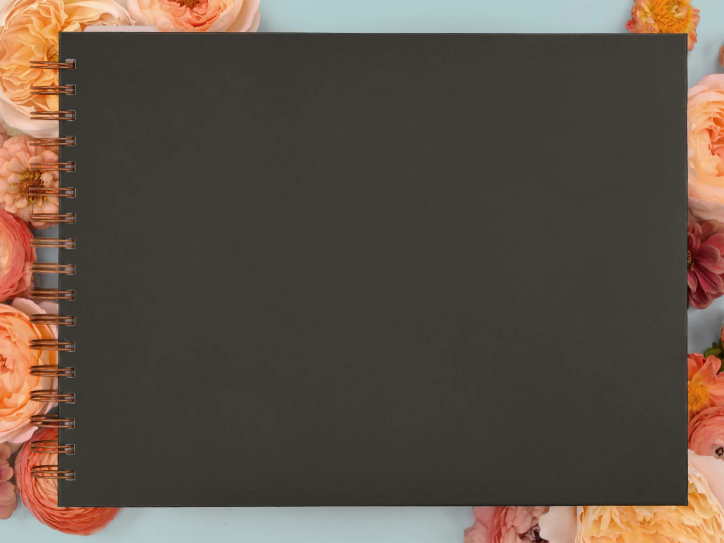Healing from Codependency: Journaling to the Other Side with Vanessa Gordon
Guest Post from Vanessa Gordon CEO and Publisher of East End Taste Magazine discusses healing from codependency and journaling.

Journaling for Codependency
by Vanessa Gordon
Codependency has been a wound I have carried with me and neglected to heal from since childhood. It grew to become more profound in my teenage years and skyrocketed within the last two years. It wasn’t until a friend recognized my codependent behavior and called it out by name that I decided to face this head on and unlearn this detrimental behavior I had been so accustomed to.
In years past, I found myself ensnared in the intricate web of codependency. As I painfully reflected upon these moments, I also navigated the twists and turns of unraveling this learned behavior that encompasses this constant desire for approval and fear of abandonment. I uncomfortably realized that I had become intricately woven into the needs and desires of those around me. It was in this vulnerable state that I turned to the idea of journaling as a way of seeking solace in the act of self-reflection.
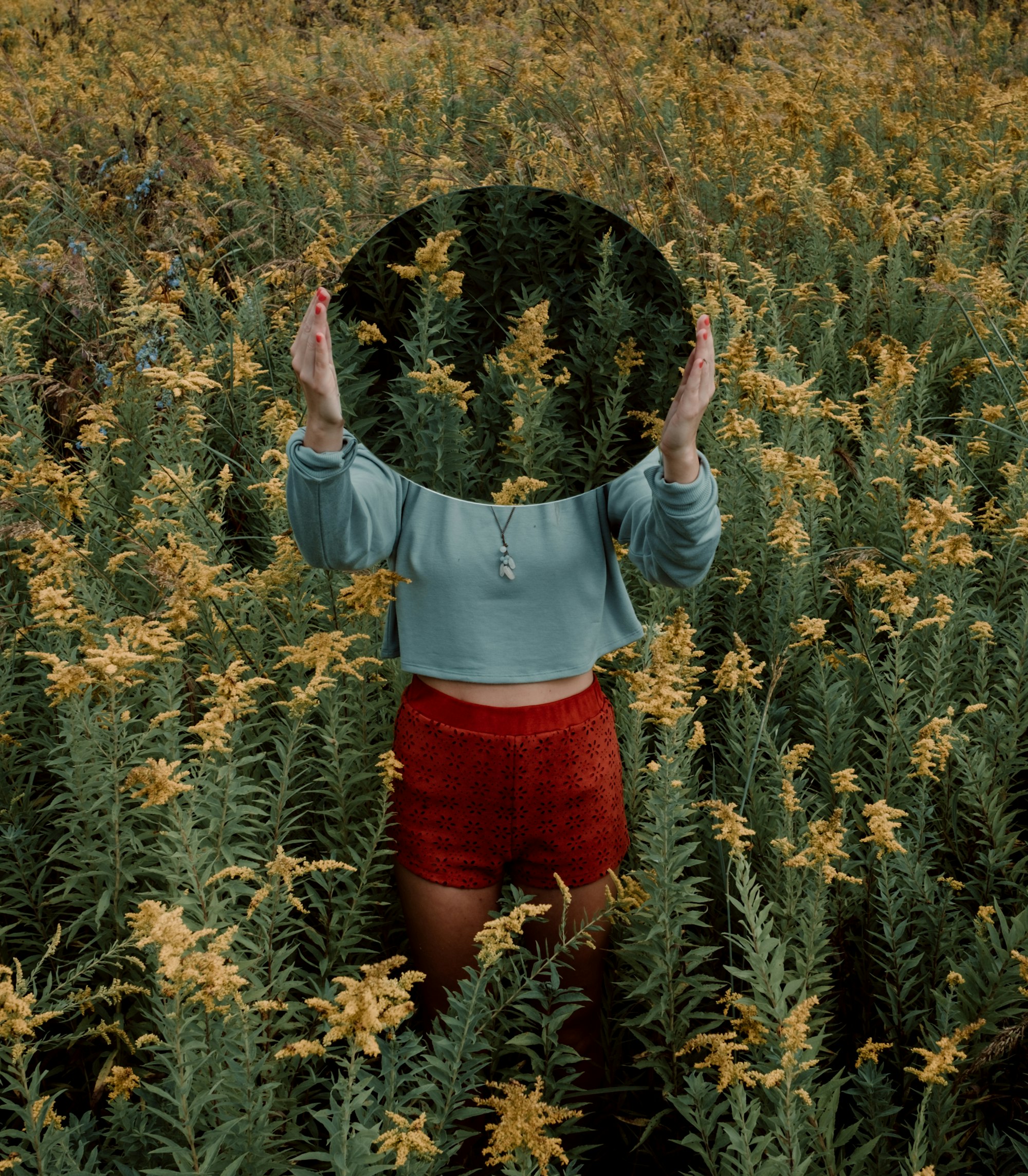
I began journaling when I was three years old. At that age, I started creating short stories, characters, and illustrations. I have journaled for many reasons throughout my life; mainly as an outlet or way to organize my creativity and ideas for stories. I even once created a recipe journal and created a collage of menu ideas if I ever opened a restaurant. I remember drawing the interior design elements of an old-fashioned soda fountain, booth colors, counter decorations, wall signs, and all!
In my mid twenties, I entered the role as a public figure within my industry by accident. I planned my personal brand in tandem with my summer event series, all while continuing to build my media business, East End Taste, from scratch. Before then I was a new mom, an English as a Second Language teacher, and a group fitness trainer.
I stepped from my comfortable and reserved personality headspace as a writer and passionate creative thinker to forge my personal brand and develop my event series. So perhaps it comes as no surprise I would turn back to journaling as both a creative outlet and a way to organize my thoughts. Journaling also now serves as a coping tool during these still very vulnerable moments.
The art of journaling, I rediscovered, is not merely about recounting events but about excavating the depths of one’s emotions. Each time I turned the page and continued to write and pour my thoughts and feelings onto paper, I was confronting the uncomfortable truths about my codependency. Journaling has allowed me to lay bare the intricacies of my relationships, serving as a mirror reflecting the patterns that perpetuated my emotional entanglement.
The journal has since become a non-judgmental listener that absorbed the weight of my confessions, but interestingly continues to feel as light as a cloud. I feel I have already poured so much into the journal, the journal still feels light, receptive, and compassionate.
Journaling to help heal from codependency has been a literary striptease, unveiling the layers that shrouded my authentic self. I approached my journaling with a commitment to honesty, despite how tough it was. The words flowed unfiltered, and the stories unfolded like petals, revealing the core of my emotional landscape.
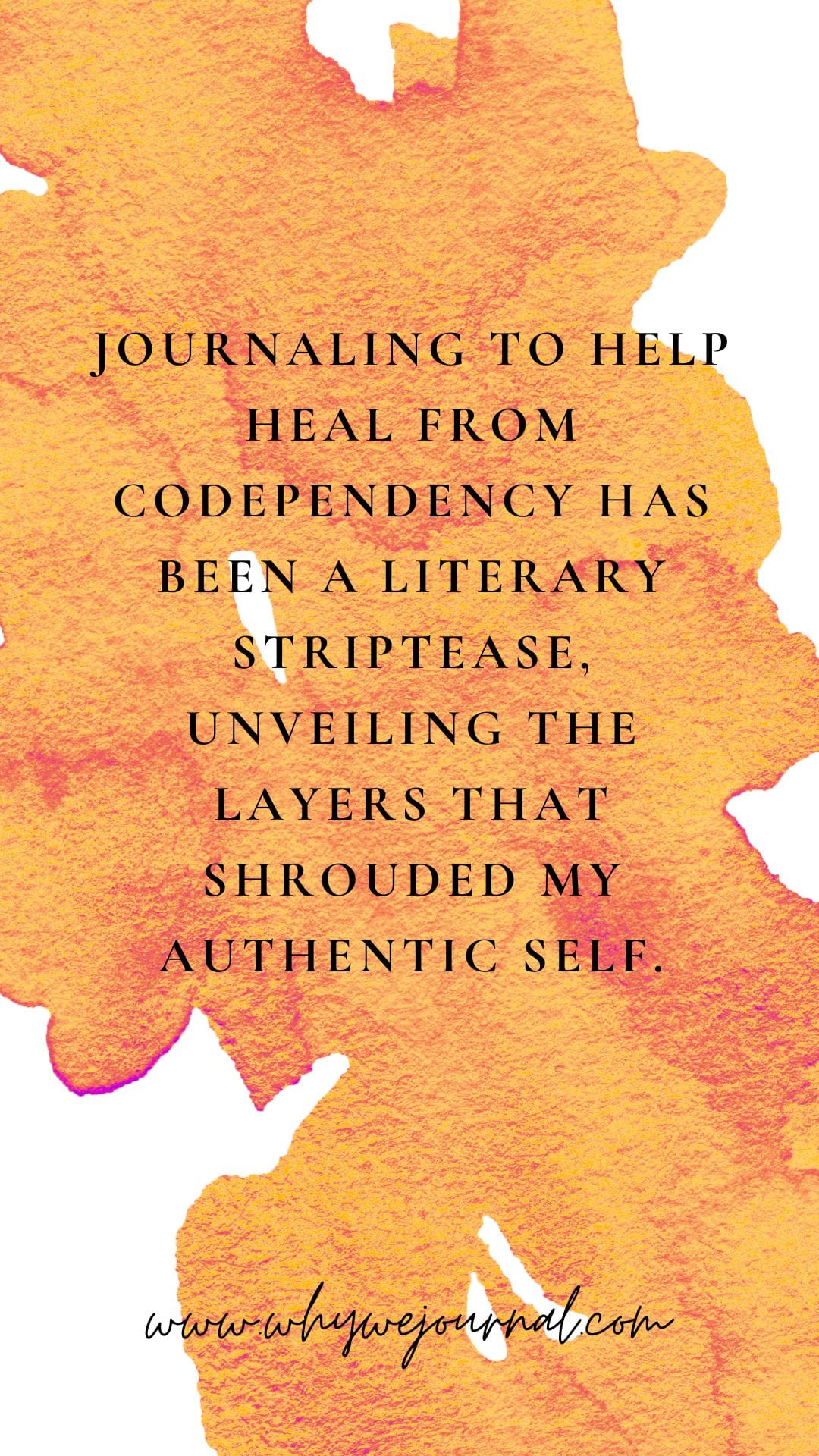
The process of journaling allowed me to identify the toxic patterns that fueled my codependency. Much like a detective dissecting a complex case, I scrutinized the recurring themes in my entries. The constant need for validation, the feeling of being unworthy, and the tendency to prioritize others’ needs over my own emerged as the antagonists in the narrative of my codependent relationships. With each revelation, I realized I was confronting the uncomfortable truth that codependency was not only about my relationships with others, but about my relationship with myself.
I had created this completely distorted view of my surrounding relationships. I had always thought of every worst-case scenario with everything from a simple text message or email to a lack of response from who I was sending the message to. Albeit this whole while, far more often than not, the situations were far more positive than I realized, as opposed to having a negative connotation.
It was in these moments that I reflected upon the words of Carl Jung, someone who I studied closely in high school and college,
“Your vision will become clear only when you can look into your own heart. Who looks outside, dreams; who looks inside, awakes.”
My journal became the reflection of my heart and a tool for awakening.
One of the pivotal lessons I have gained from my journaling practice was the importance of self-love and self-compassion. Amid unraveling the complexities of codependency, I learned to treat myself with the kindness and understanding that I so readily extended to others. Journaling became a space where I forgave myself for past mistakes, acknowledged my vulnerabilities, and embraced the imperfect journey of healing.
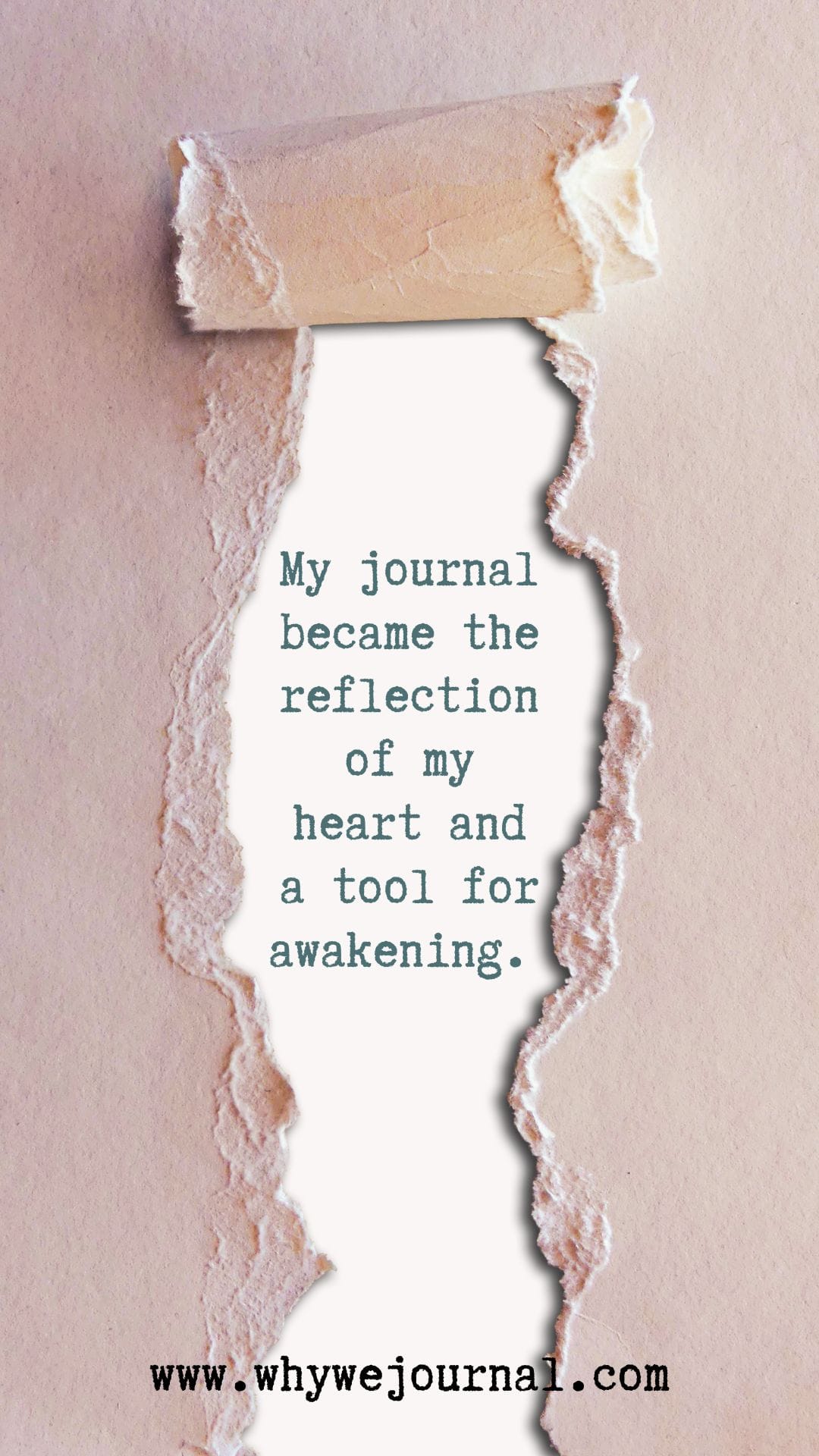
Through journaling daily, I have rediscovered the therapeutic power of reflection and intention setting. In fact, I remember my friend who originally called out my codependent behavior using the word ‘intention’ often, so I knew I was on the right path. The act of journaling has transformed my thoughts into tangible goals for personal growth. In the spirit of manifesting positive change, I outlined actionable steps to redefine boundaries, prioritize self-care, and cultivate a sense of individuality. The journal became a roadmap, guiding me through this uncharted territory of self-discovery I so longed for.
I travel often for work, so I brought my journal with me during my recent travels to Europe and the Caribbean, which also allowed me to go deeper with my self-reflection as I write from an entirely new location other than my home or local library.
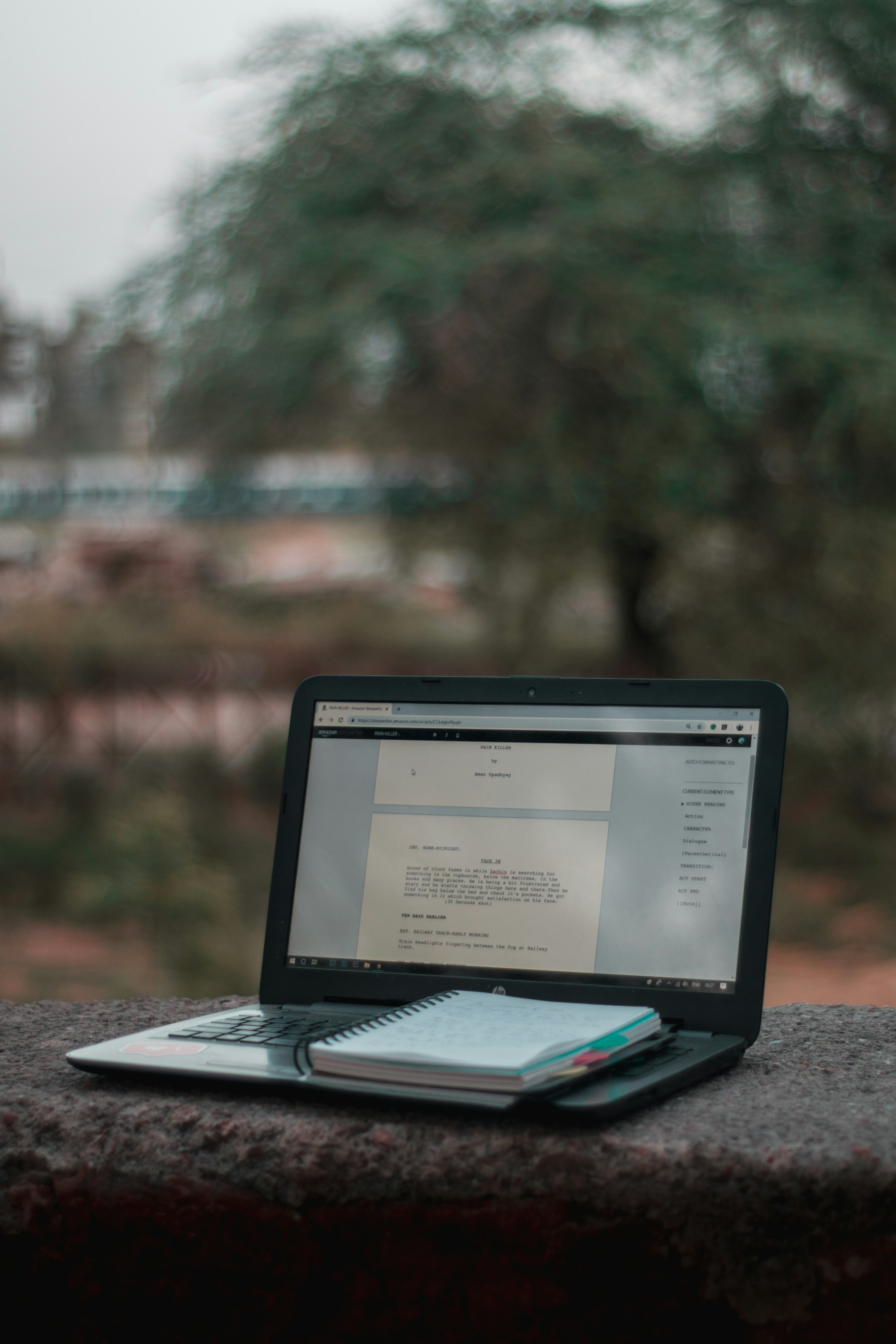
As a public figure, the transformative power of journaling has transcended the boundaries of personal growth. It has become a tool to bridge the gap between the curated persona I step into and the authentic self. My journal entries, doodling moments, and the collages I create carefully craft the story of my journey through codependency. The act of journaling, much like the content I create and post on for the public eye, demands authenticity, vulnerability, and a commitment to the truth behind the scenes.
In the mosaic of my public life, the practice of journaling stands out as a testimony to the resilience of the human spirit. It is an odyssey within the confines of constant scrutiny, and a backstage journey where vulnerability becomes strength. Journaling, as well as learning how to continue to foster healthy relationships, has created a path towards healing, self-discovery, and the profound beauty of embracing one’s own story; both in the public eye and in the silent realms of self-reflection.
I look forward to maintaining this healthful journaling journey as I continue to unravel my childhood, building upon the foundations of self-discovery and understanding that have already taken shape on these pages. The act of putting pen to paper serves as a guiding light as I navigate the intricate landscapes of my past, gently unfolding the layers that conceal both the joyous memories and the shadowed corners. Through this introspective process, I aim to not only reconcile with the experiences that have shaped me, but also to forge a path towards resilience and healing.
Big thank you 🙏🏽to Vanessa for contributing to Why We Journal! Are you a creator, blogger, writer, or just want to collaborate? Head here.
If you've made it this far, please consider signing up for the monthly 3-1-1 newsletter. Want a preview? Head here.
Stay connected with me on LinkedIn, Pinterest, and Amazon.
That's all for this post!
-A Very Enthusiastic Journaler



